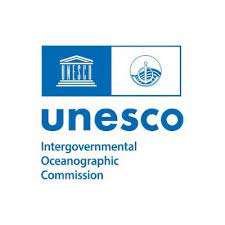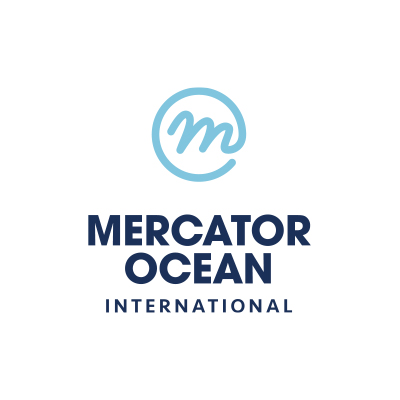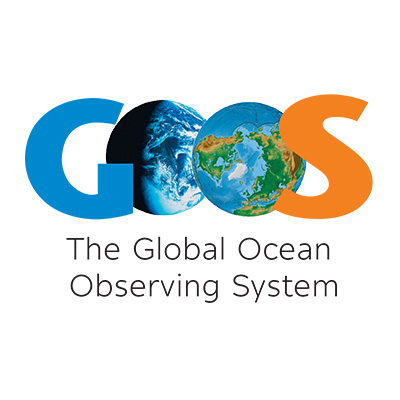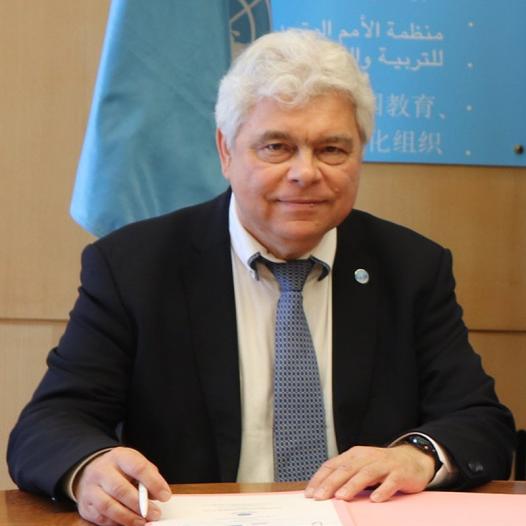We want to give every citizen on our blue planet the power to understand what is happening or will happen in our ocean, and ultimately to our planet.

ETOOFS Guide
The ETOOFS Guide
is made by
worldwide experts.
The ETOOFS guide is a reference manual on “Implementing Operational Ocean Monitoring and Forecasting Systems”. It was published on July 1, 2022, at the United Nations Ocean Conference in Lisbon.
Initiated at the request of the Intergovernmental Oceanographic Commission of the UNESCO (IOC-UNESCO) and the World Meteorological Organisation (WMO), the guide was funded and produced by the Global Ocean Observing System (GOOS)and its Expert Team on Operational Ocean Forecasting Systems (ETOOFS), and Mercator Ocean International.
A summary is also available, synthesizing key points of the guide.
The guide aims to promote the development of new marine forecasting systems around the globe, along with the improvement of the existing ones. Indeed, it provides an overview of the value chain of an operational ocean forecasting system (OOFS) as well as international standards and best practices for setting up such a service. Weighing in at 400 pages, the guide is a unique and comprehensive reference document for the operational ocean modeling community. It covers key areas of OOFS, focusing on their current state of the art as well as their future developments.
With this guide, ETOOFS intends to provide inspiration and guidelines to professionals worldwide. If this is achieved, it is expected to foster a generation of information to support decision-making processes; and thus, advocate for a more informed and sustainable relationship with our ocean.
Altogether, 80 authors from 51 institutions and 18 countries worldwide have cooperated in the writing.
Editors: Enrique Alvarez Fanjul, Stefania Ciliberti, and Pierre Bahurel
Secretariat: Denis Chang Seng, GOOS / ETOOFS
For the complete list of authors, refer to Annex I, page 385 of the guide.
Everyone who has an account on the OceanPrediction website can edit the ETOOFS Guide Wiki. All submissions will be moderated by OceanPrediction experts before being published.
When editing the guide, please include references in your work and make sure the figures you are proposing are open source (under the CCC 4.0 license).
There is no claim of having included in a single monograph all the knowledge and beauty of ocean modeling. This guide hopes to be a guideline and inspiration to professionals all around the globe, stimulating the reader to research deeper knowledge on this vast field.








Follow us